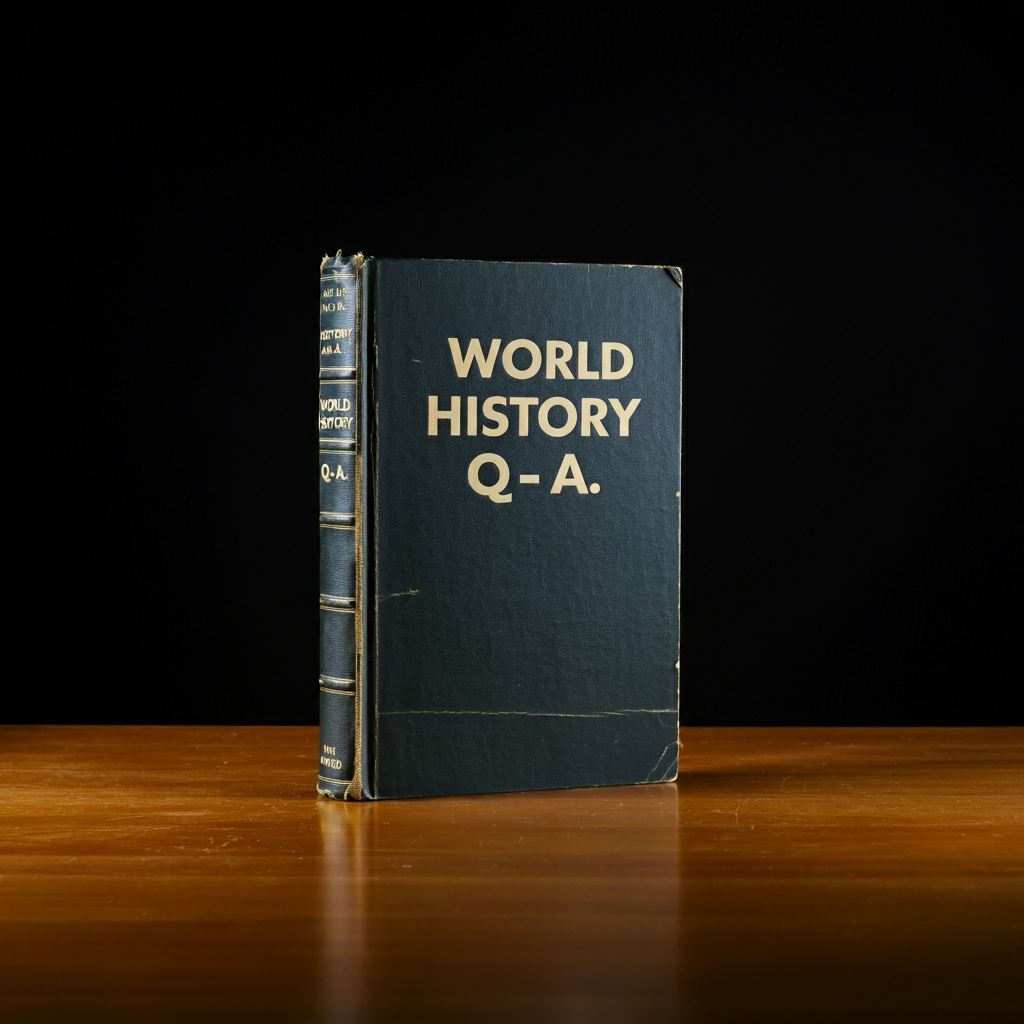The relationship between Britain and France has a long and complex history. Both nations have engaged in numerous conflicts over the centuries, but what about during the Meiji period and beyond? Did these two powerful European countries ever find themselves at odds after the Meiji period? Let’s explore the historical context and key events that shaped their relations after 1868.
The Context of the Meiji Restoration
The Meiji Restoration of 1868 marked a turning point in Japan’s history, transforming it from a feudal society into a modern industrial state. During this period, Japan sought to establish itself as a major world power and modernize its military and economy. Britain and France, both colonial powers at the time, had significant influence in Asia and were keen on expanding their reach. However, Japan’s emergence as a modern nation would change the dynamics in the region.
While the Meiji period itself did not see a direct war between Britain and France, the tensions of the time were significant. Japan’s increasing influence in Asia led to interactions, both peaceful and confrontational, with European powers. It is crucial to examine key conflicts and alliances in this period to understand how Britain and France interacted in the years following the Meiji Restoration.
Anglo-French Relations During the Late 19th Century
After the Meiji Restoration, Britain and France continued to maintain a rivalry, especially in the context of imperialism and colonial expansion. However, by the late 19th century, the two countries had entered a phase of détente. This is evidenced by the signing of the Entente Cordiale in 1904, which marked the end of centuries of hostilities and the beginning of a more cooperative relationship between Britain and France.
The Entente Cordiale was a series of agreements that resolved colonial disputes between the two countries. While it was not a military alliance, it was an important step toward improving Anglo-French relations. This diplomatic shift occurred as both countries were more focused on the growing threat of Germany, particularly in the lead-up to World War I.
The First World War: Collaboration Between Britain and France
Although Britain and France had historically been rivals, the First World War (1914-1918) saw them join forces as part of the Allied Powers, fighting against the Central Powers, which included Germany and Austria-Hungary. This marked a significant shift in their relationship, and both nations collaborated closely on military strategy and war efforts.
The outcome of the war and the subsequent Treaty of Versailles in 1919 further solidified the alliance between Britain and France. Their cooperation during the war laid the groundwork for future diplomatic relations, even as both nations continued to compete for influence around the world, especially in Asia and Africa.
The Interwar Period and Beyond: Continued Cooperation and Tension
In the years following World War I, Britain and France continued to cooperate, though not without moments of tension. The rise of fascism in Italy and Germany led to concerns about the balance of power in Europe, but the two countries generally maintained a united front. The Second World War (1939-1945) saw Britain and France again as allies, despite the eventual fall of France to Nazi Germany in 1940. The war, however, resulted in a further shift in power dynamics, particularly as the United States emerged as a global superpower.
Post-World War II, the relationship between Britain and France remained strong in the context of the Western bloc, though both countries pursued their own foreign policies, especially in the Middle East and Africa. However, with the establishment of the European Union and NATO, both nations continued to work together on various issues, despite occasional disagreements over specific policies.
Conclusion: A Complex Relationship
While Britain and France did not directly engage in war after the Meiji period, their relationship was marked by rivalry, collaboration, and mutual interests, especially in the context of imperialism, the World Wars, and the Cold War. Both countries have played pivotal roles in shaping modern international relations, and despite their past conflicts, they have become strong allies in contemporary global politics.
In summary, the historical relationship between Britain and France evolved dramatically after the Meiji period. From fierce rivalry to strategic cooperation, their relationship is a testament to how diplomacy, mutual interests, and the changing global landscape can shape even the most contentious international relations.



コメント